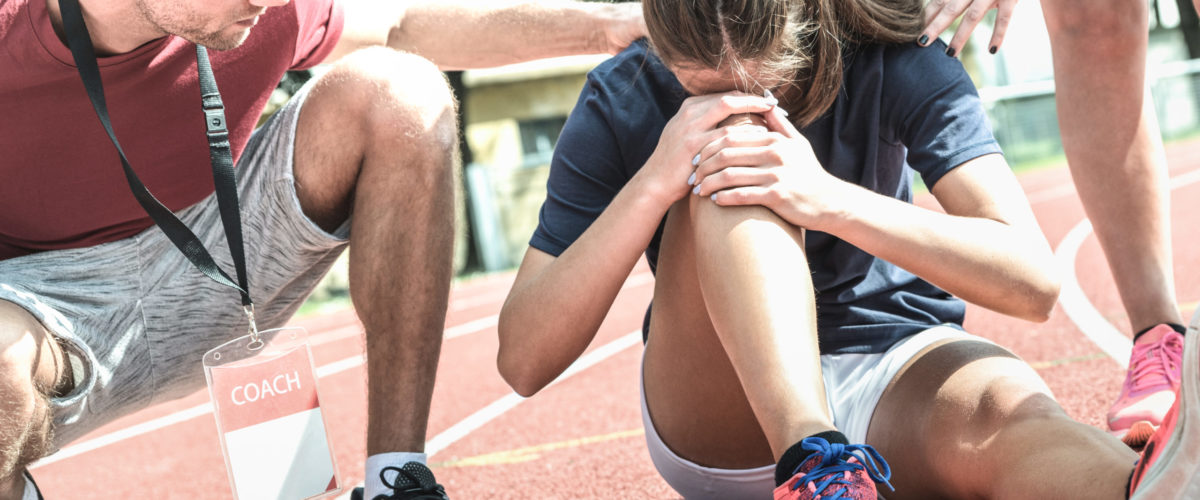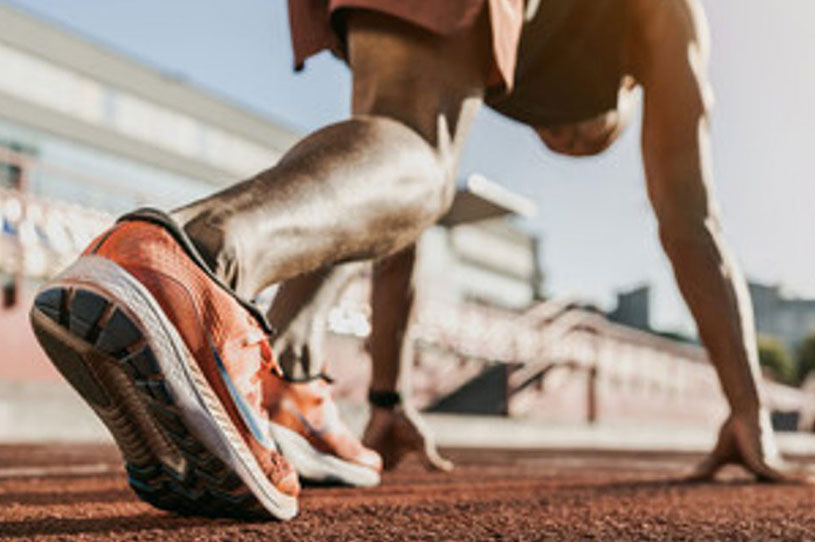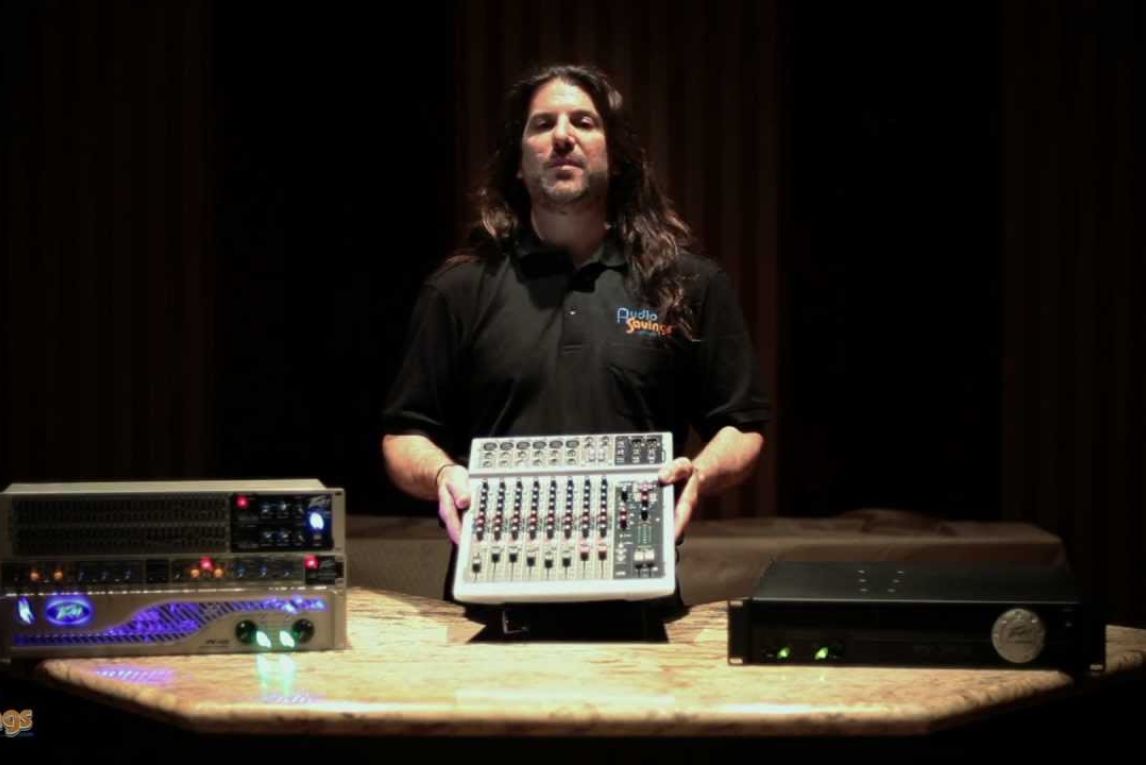Every student athlete knows how exciting it is to play. Section of the trip is feeling the rush of competition, becoming with your teammates, and trying to win. But any athlete will tell you that there’s more to the story than what happens on the field, court, or track. It’s a narrative regarding maintaining not only your physical ability but additionally your mental health. This guide will assist you grasp the value for sustaining both mental and physical health as a student-athlete. We’ll discuss student athletes’ obstacles, overlooked psychological barriers, and methods that have helped others overcome them and excel in athletics.
Let’s face it, being a student athlete is about more than just winning and losing, it’s about growing physically and intellectually. Fasten your seatbelts as we start on a trip that will equip student athletes for life and sports. This journey prioritizes student athlete mental health, well-being, and mind.
Table of Contents
Recognizing Mental Health Challenges
Students who also participate in sports may find themselves juggling a demanding course load with the time demands of rigorous practice and competition. It’s easy to overlook the sport’s effect on one’s mental health because of the focus on the body, but it’s crucial to do so. Acknowledging the difficulties associated with this matter is an essential initial stride towards achieving improved well-being.
Common Mental Health Challenges:
Student athletes, just like anyone else, can face a range of mental health challenges. These may include:
- Stress: The pressure to perform well in sports and academics can lead to stress. Balancing these responsibilities can be tough.
- Anxiety: Anxiety can be induced by apprehension of competition, potential damage, or the failure to fulfil anticipated outcomes. Experiencing a certain level of nervousness is a common occurrence; however, when this sensation reaches an excessive level, it is imperative to acknowledge its presence.
- Depression: Depression can happen to anyone, even athletes. Mental health can be affected by the constant grind of training and the ups and downs of competition.
The Stigma Surrounding Mental Health:
It is crucial to remember that mental health issues are common and that seeking assistance demonstrates strength, not weakness. However, in the realm of sports, mental health is frequently viewed negatively. Many athletes fear that admitting to mental struggles will make them appear less capable or committed.
Mental health is essential to athletic success. You wouldn’t disregard a bodily injury, so don’t dismiss your mental health.
Real-Life Stories and Statistics:
To put things in perspective, let’s look at prominent athletes’ mental health struggles. Michael Phelps, Simone Biles, and Kevin Love have openly revealed their mental health concerns, showing that even the strongest athletes may struggle.
Statistics also suggest that many student athletes have mental health issues. This is a shared issue.
Strategies for Enhancing Mental Health
In the context of being a student athlete, it is imperative to recognise that prioritising one’s mental well-being holds equal significance to physical training. Presented here are a selection of pragmatic approaches aimed at fostering and sustaining optimal mental well-being:
Manage Stress:
- Take breaks: Make sure you have downtime between practice, classes, and games to relax and recharge.
- Breathing exercises: Simple deep breathing exercises can help calm your mind in high-pressure situations.
- Time management: Plan your schedule effectively to avoid last-minute rushes.
Embrace Mindfulness:
- Meditation: Try practicing mindfulness meditation to stay in the present moment and reduce anxiety.
- Yoga: Yoga is a great way to combine physical activity with mental relaxation.
- Positive affirmations: Use positive self-talk to boost your confidence.
Seek Professional Help:
- Don’t hesitate to reach out to a mental health professional if you’re struggling with your mental health. They can provide valuable guidance and support.

Talk About It:
- Share your feelings with a trusted friend, teammate, or coach. Sometimes, talking about what’s bothering you can be incredibly relieving.
Set Realistic Goals:
- Establish achievable goals both in your sport and academics. Unrealistic expectations can lead to unnecessary stress.
Prioritize Self-Care:
- Get enough sleep to allow your body and mind to recover.
- Maintain a balanced diet for sustained energy.
- Engage in hobbies and activities outside of your sport to unwind.
Develop Mental Resilience:
- Understand that setbacks are a part of the athletic journey. Learn from them and use them as stepping stones to success.
- Stay focused on the bigger picture and remember why you started your athletic journey in the first place.
Utilize Visualization Techniques:
- Visualization can help you mentally prepare for competitions and reduce anxiety.
Prioritizing Physical Well-Being
Being a student athlete means your body is your most essential tool. To perform at your best, you must prioritize your physical health. Here’s how:
Recognize the Unique Demands
- Understand that being an athlete comes with specific physical demands. Be prepared for rigorous training and competitions.
Injury Prevention and Recovery
- Pay attention to proper warm-ups and cooldowns to reduce the risk of injuries.
- Seek immediate medical attention if you get injured, and follow your rehabilitation plan diligently.
Nutrition Matters
- Fuel your body with a balanced diet rich in proteins, carbohydrates, fruits, and vegetables.
- Stay hydrated by drinking plenty of water before, during, and after practices and games.
Rest and Sleep
- Prioritize rest and sleep. Your body needs adequate time to recover and repair.
- Establish a consistent sleep schedule to ensure you get the recommended hours of sleep.
Cross-Training
- Engage in cross-training activities to improve overall fitness and prevent overuse injuries.
- Variety in training can also help prevent burnout.
Listen to Your Body
- Pay attention to your body’s signals. If you’re feeling fatigued or in pain, don’t push through it—seek guidance from a coach or medical professional.
Proper Equipment
- Ensure you have the right gear and equipment for your sport. Ill-fitting equipment can lead to injuries.
Hygiene and Recovery
- Maintain good hygiene to prevent skin infections.
- Incorporate recovery techniques such as stretching and foam rolling into your routine.
9. Regular Check-Ups
- Schedule regular check-ups with a healthcare provider to monitor your physical health.
The Power of Routine
As a student athlete, you juggle a lot—practices, games, classes, and perhaps even part-time jobs. Amidst this chaos, a well-structured routine can be your best friend. Here’s how to harness the power of routine to your advantage:
Establish a Daily Schedule:
- Create a daily schedule that outlines your practice times, study periods, meals, and rest.
- Stick to this schedule as consistently as possible to bring order to your day.
Prioritize Time Management:
- Learn effective time management skills to make the most of your available hours.
- Use tools like calendars and to-do lists to stay organized.
Include Rest and Recovery:
Make sure your routine includes adequate time for rest and recovery. Overworking can lead to burnout.
Consistency is Key:
Consistency breeds success. Repeating positive habits daily can lead to long-term improvements in both your athletic and academic pursuits.
Adaptability is Essential
- While routines are beneficial, be adaptable. Sometimes, unexpected events may require adjustments to your schedule.
Develop Pre-Game and Pre-Practice Rituals
- Establish pre-game and pre-practice rituals to mentally prepare for competition.
- These can include visualization exercises, stretching routines, or calming rituals.
Include Study Blocks:
Dedicate specific blocks of time to your studies within your routine. Prioritize academics alongside athletics.
Time for Hobbies and Relaxation
Don’t forget to allocate time for hobbies, relaxation, and socializing. A balanced life is a healthier life.
Reflect and Adjust:
- Regularly reflect on your routine’s effectiveness. Are you meeting your goals? Are there areas that need improvement?
Seek Guidance:
- If you’re struggling to create an effective routine, consider seeking advice from a coach or mentor. They can offer valuable insights.
Building a Support System
Student athletes don’t travel the path alone. It takes cooperation on and off the field to achieve success. Having a solid network of people who have your back is important for your emotional and physical health.
Coaches and Trainers:
- Your coaches and trainers are there not only to improve your athletic skills but also to guide and mentor you. They can offer valuable advice on both sports and life.
Teammates:
- Your teammates are like a second family. Lean on them for support, and be there for them in return. The camaraderie you share can be a great source of strength.
Academic Support:
- Reach out to your teachers and academic advisors for help when needed. They understand the demands of being a student athlete and can provide assistance with your studies.
Athletic Department:
- Your school’s athletic department likely has resources in place to support student athletes. These may include sports psychologists, nutritionists, and physical therapists.
Friends and Family:
- Don’t underestimate the power of friends and family. They can offer emotional support and a sense of normalcy outside of athletics.
Seek Mentors:
- Consider finding a mentor, someone who has walked a similar path and can offer guidance based on their experiences.
Peer Support:
- Joining support groups or clubs specifically for student athletes can connect you with peers who understand the unique challenges you face.
Mental Health Professionals:
- If you’re struggling with your mental health, don’t hesitate to seek the help of mental health professionals. They are trained to provide the support you need.
Communication is Key:
- Open and honest communication is the foundation of a strong support system. Don’t be afraid to express your thoughts and feelings to those you trust.
Reciprocity:
- Remember that support is a two-way street. Just as you receive support, offer it to others when they need it.
Your support system is like a safety net that can catch you during challenging times. Don’t hesitate to lean on it when necessary. You’re not alone in this journey, and there are many people willing to help you succeed in both your athletic and personal life.
Goal Setting and Tracking Progress
Goals are like roadmaps that guide your journey as a student athlete. Setting and tracking them can make a world of difference in your mental and physical well-being.
Set Specific Goals:
- Make your goals clear and specific. Instead of saying, “I want to get better,” say, “I want to improve my shooting accuracy by 10% by the end of the season.”
Make Them Achievable:
- Your goals should be challenging but attainable. Setting unrealistic goals can lead to frustration.
Break Goals into Smaller Steps:
- Divide big goals into smaller, manageable steps. This makes the process less overwhelming.
Prioritize Balance:
- Balance your goals between athletics and academics. Remember, you’re a student athlete.
Write Them Down:
- Putting your goals on paper makes them feel more real and can increase your commitment to achieving them.
Share Your Goals:
- Share your goals with your coaches, teammates, or mentors. They can hold you accountable and provide support.
Track Your Progress:
- Regularly assess how you’re doing. Are you moving closer to your goals? If not, adjust your approach.
Celebrate Achievements:
- Celebrate your successes, no matter how small. Recognizing your progress can boost your motivation.
Learn from Setbacks:
- If you face setbacks, don’t be discouraged. Use them as opportunities to learn and grow.
Stay Focused on the Bigger Picture:
- Keep in mind why you started your athletic journey. It’s not just about winning; it’s about personal growth and development.
Setting and working towards goals can provide you with a sense of purpose and direction. It can also help you stay motivated, both in your sport and in maintaining your mental health. Remember, the journey is just as important as the destination.
Conclusion
As we wrap up our exploration of student athlete mental health and well-being, it’s crucial to recognize that being a student athlete is more than just playing a sport; it’s a journey of self-discovery, growth, and resilience. We’ve delved into various aspects, from the challenges faced by student athletes to the strategies for enhancing both mental and physical health.
In the world of student athlete mental health, athletes’ mental health, and the well-being of student athletes, we’ve learned some valuable lessons:
- Mental Health Matters: Your mental well-being is just as important as your physical fitness. Don’t hesitate to seek help when needed.
- Balancing Act: Balancing academics, athletics, and life requires careful planning and routines. But it’s achievable.
- Support System: Building a support system that includes coaches, teammates, mentors, and mental health professionals can be a game-changer.
- Goals and Progress: Setting and tracking goals can give your athletic journey direction and purpose.
- Resilience: Remember that setbacks are part of the game. It’s how you bounce back that defines your journey.
In the realm of student athlete mental health, athletes’ mental health, and the holistic well-being of student athletes, you have the power to not only excel in your sport but also lead a fulfilling life outside of it. The key is to prioritize self-care, seek help when needed, and remember that you’re never alone on this path.
So, whether you’re shooting hoops, scoring goals, running laps, or competing in any other sport, remember that you have the strength and the tools to win not only the game but also the game of life.
Keep chasing your dreams, taking care of your mental and physical health, and achieving greatness both on and off the field. Your journey as a student athlete is a remarkable one, and your well-being is worth every effort.










One Response
Hello! Do you know if they make any plugins to assist with SEO?
I’m trying to get my site to rank for some targeted keywords but I’m not seeing very
good success. If you know of any please share.
Appreciate it! I saw similar blog here: Wool product